ADVENTIST HOSPITAL PENANGADVENTIST HOSPITAL PENANGADVENTIST


ADVENTIST HOSPITAL PENANGADVENTIST HOSPITAL PENANGADVENTIST

ADVENTIST HOSPITAL PENANGADVENTIST HOSPITAL PENANGADVENTIST


ADVENTIST HOSPITAL PENANGADVENTIST HOSPITAL PENANGADVENTIST
ADVENTIST HOSPITAL PENANGADVENTIST HOSPITAL PENANGADVENTIST

The World Health Organization (WHO) recommends all mothers to breastfeed their babies exclusively from birth to 6 months and to continue breastfeeding with complementary food up to 2 years or longer.
We are proud to announce that Penang Adventist Hospital is the first private hospital in the northern region of Peninsular Malaysia to be accredited as Baby Friendly Hospital since December 2005.
Benefits of breastfeeding to baby:-
• Breast milk is the perfect nutrition for baby.
• Colostrum, mother’s first milk contains antibodies and is the baby’s first immunisation against bacteria and viruses.
• It reduces the incidences of cough, colds, ear infection, bronchitis, pneumonia, and meningitis.
• Breastfeeding prevents colic and lowers the risk of gastrointestinal infection and diarrhea.
• It protects baby from asthma, eczema, colds and food allergies.
• Breastfeeding lowers the risk of baby developing juvenile diabetes and heart disease.
• It enhances IQ level.
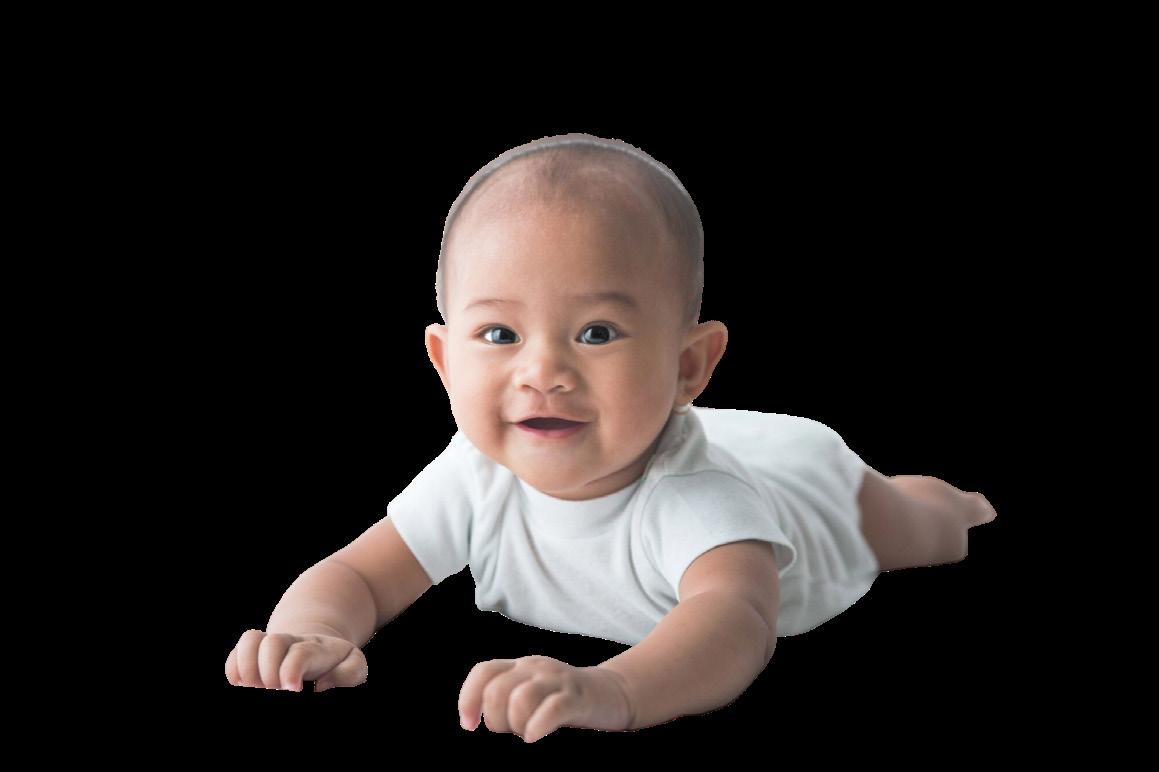
ADVENTIST HOSPITAL PENANGADVENTIST
PENANGADVENTIST PENANGADVENTIST PENANGADVENTIST PENANGADVENTIST PENANGADVENTIST PENANGADVENTIST PENANGADVENTIST
PENANGADVENTIST HOSPITAL PENANGADVENTIST
HOSPITAL
HOSPITAL

HOSPITAL
Benefits of breastfeeding to mother:-
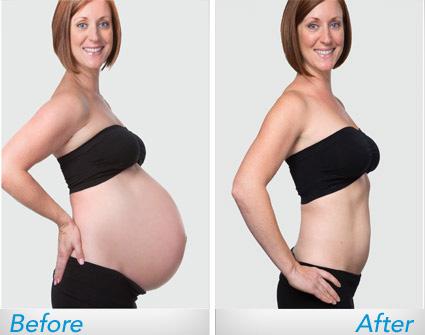
• Promotes mother and child bonding.
• It helps to contract uterus and prevent uterine bleeding in the mother after delivery.
• Reduces the risk of breast and ovarian cancer in mother.
HOSPITAL
• Help mother to lose weight and get back to pre-pregnancy weight.
HOSPITAL


Benefits of breastfeeding to family:A natural form of family planning.* It’s convenient anywhere, at anytime. Save money.
*Conditions apply
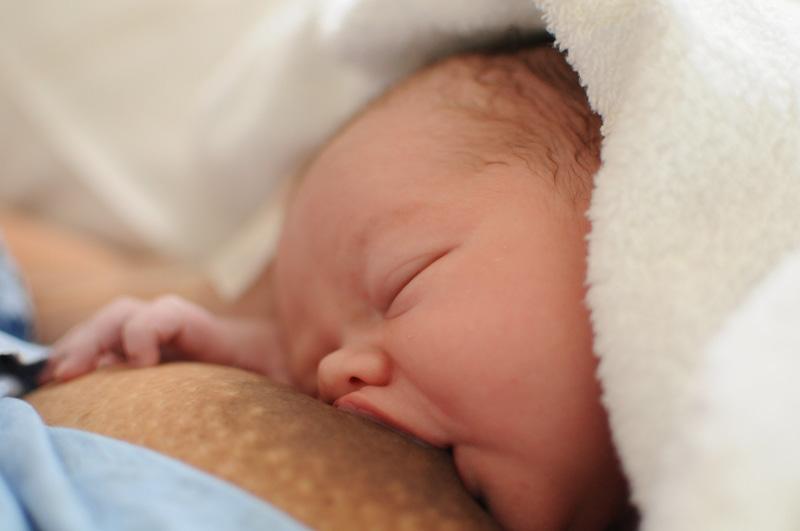

Initiate breastfeeding as soon after birth within 1st hour of birth. At this stage, newborn is alert and instinct (rooting reflex) to search for breast is strong.


Importance of initiating early breastfeeding:-
• Stimulates breast milk production.
• Ensure that the infant receives the colostrum, or “first milk”, which is rich in antibodies.
• Help in exclusive breastfeeding.
HOSPITAL

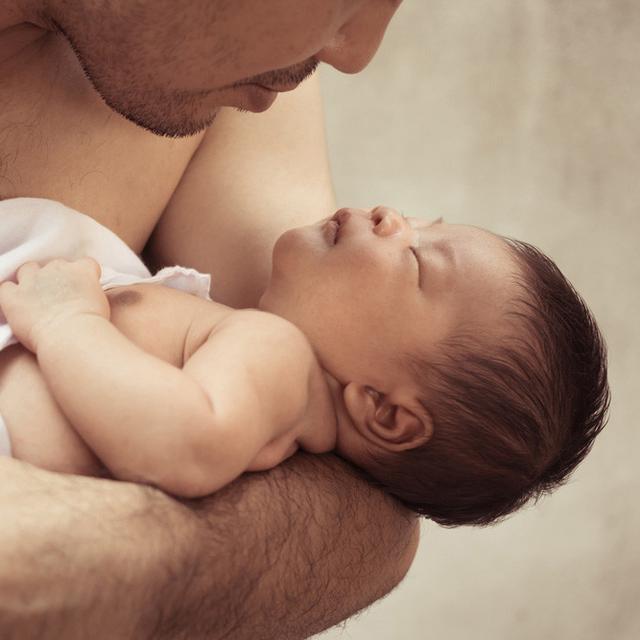
Newborns are given to mothers as soon after birth for skin to skin contact for at least one hour.

During skin-to-skin contact, the baby is naked and is placed on the mother’s bare chest, between her breasts.
Mother is encouraged to identify “feeding cues” and initiate breastfeeding.
Importance of immediate skin to skin contact after birth:-
• Stabilise baby’s body temperature.
• Calms the mother and the baby.
• Facilitates bonding between the mother and her baby.
• Initiates early breastfeeding.
• Baby learns that mother’s chest and breasts are safe place.
• Enable colonisation of good bacteria from mother’s body to newborn.
• Stabilise the baby’s heartbeat and breathing.
• Reduces infant crying, thus reducing stress and energy use.
• Assists in blood glucose stabilisation in the baby.
• Skin to skin contact also creates good bonding for baby and father.
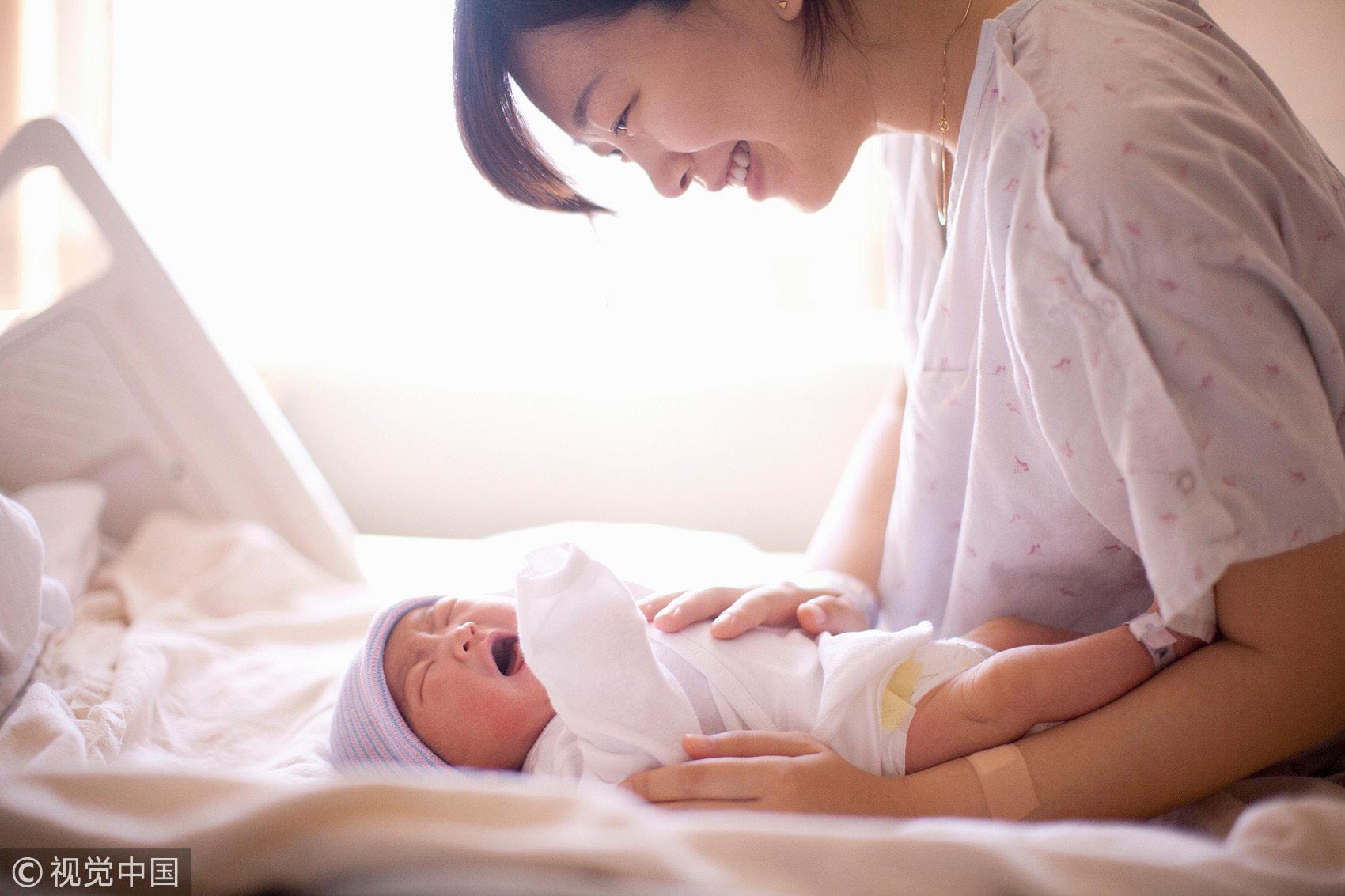
After delivery, mother and baby will stay in the same room day and night.
Importance:-
• Baby learns to recognize his/ her mother.
• Enhance bonding between newborn and mother.
• Enable mother to breastfeed baby according to baby’s feeding cues.
• Soothing baby more quickly and sleeps better.
• Stimulate more breast milk production.
• Maternal closeness will keep baby warm and cozy.
HOSPITAL
ADVENTIST HOSPITAL
ADVENTIST HOSPITAL
Importance:-
• Stimulate more breast milk production.

HOSPITAL PENANGADVENTIST HOSPITAL

PENANGADVENTIST HOSPITAL
• Reduce jaundice level.
ADVENTIST HOSPITAL
• Increase baby’s body weight.
• Avoid breast engorgement.
On Demand
• It is convenient! Mother can breastfeed her baby whenever baby show signs of hunger eg. More alert or active, mouthing (putting hand or fists to mouth and making suckling motion with mouth) or rooting (turning head in search of breast).
• No time limit on duration or frequency of feeds. Feed as long as the baby wants.
• No need to time the baby. Feed whenever the baby is hungry.
• If the baby sleeps too long, wake the baby up for breastfeeding.
• Do not miss the night feed. Sleep in the same bed with baby with safety measures.
• Allow suckling till baby sleeps and release the nipple voluntarily.
• Do not pull baby off the nipple. If baby cries, put baby back on the same breast.
• Allow the baby to complete one feed on one breast.
• Offer the other breast the next feed.
• Colostrum is more than enough for baby until mature milk comes in.
• No need to give water, glucose or formula milk.
• Avoid bottles, pacifiers or artificial nipples as this may cause nipple confusion.
ADVENTIST HOSPITAL PENANGADVENTIST PENANGADVENTIST
HOSPITAL PENANGADVENTIST HOSPITAL PENANGADVENTIST ADVENTIST HOSPITAL PENANGADVENTIST HOSPITAL PENANGADVENTIST HOSPITAL PENANGADVENTIST HOSPITAL PENANGADVENTIST
PENANGADVENTIST HOSPITAL PENANGADVENTIST
HOSPITAL PENANGADVENTIST ADVENTIST
ADVENTIST HOSPITAL PENANGADVENTIST PENANGADVENTIST HOSPITAL PENANGADVENTIST
ADVENTIST HOSPITAL
ADVENTIST HOSPITAL PENANG
ADVENTIST HOSPITAL PENANGADVENTIST HOSPITAL
ADVENTIST HOSPITAL
Early Cues : These mean “I AM HUNGRY”

ADVENTIST HOSPITAL

PENANGADVENTIST HOSPITAL PENANG

PENANGADVENTIST HOSPITAL PENANGADVENTIST


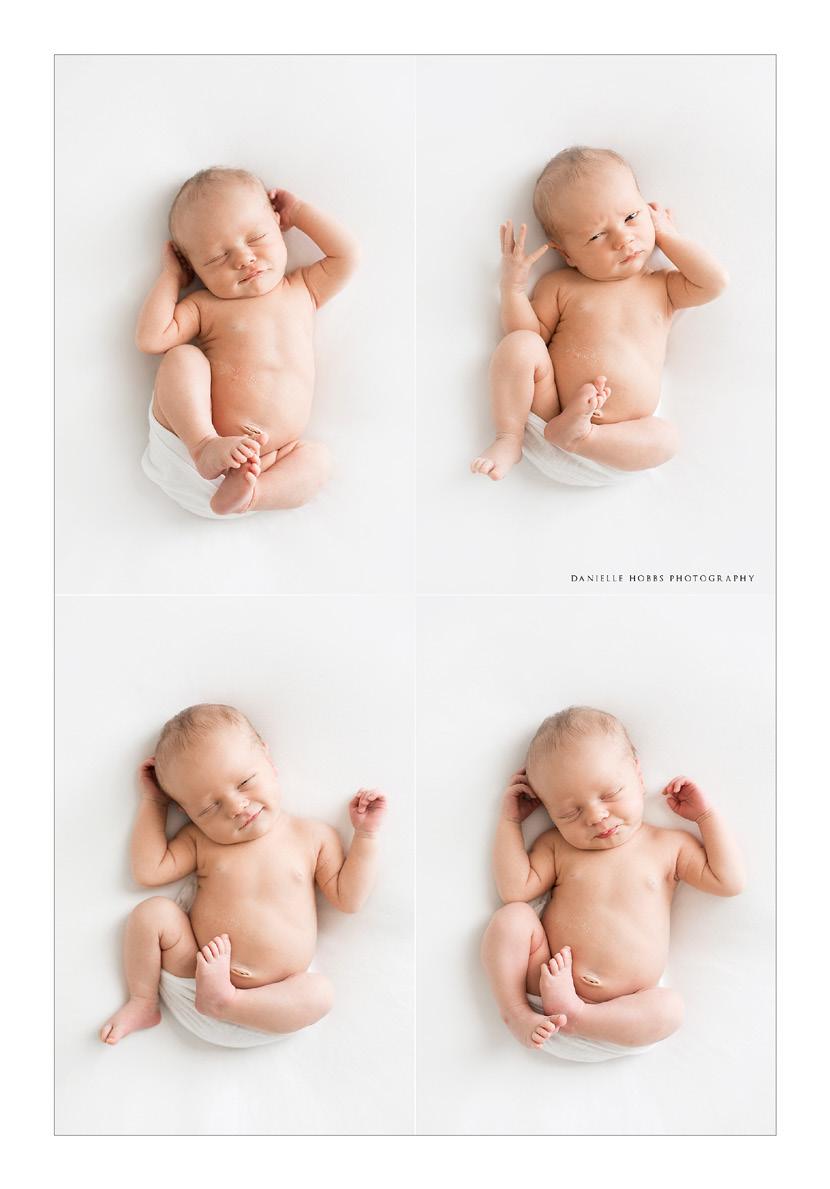
Mid Cues : These mean “I AM REALLY HUNGRY”

Late Cues : These mean “I AM REALLY UPSET”
*Calm baby before feed: try cuddling, skin to skin contact on chest, talking and stroking.


PENANGADVENTIST PENANGADVENTIST PENANGADVENTIST PENANGADVENTIST
PENANGADVENTIST PENANGADVENTIST
ADVENTIST HOSPITAL

PENANGADVENTIST
PENANGADVENTIST
PENANGADVENTIST
PENANGADVENTIST HOSPITAL PENANGADVENTIST
ADVENTIST HOSPITAL PENANGADVENTIST
PENANGADVENTIST PENANGADVENTIST
PENANGADVENTIST PENANGADVENTIST
ADVENTIST
PENANGADVENTIST HOSPITAL PENANGADVENTIST



*more Prolactin at night.

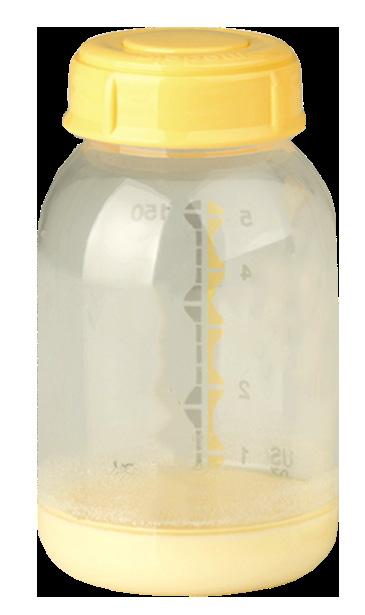
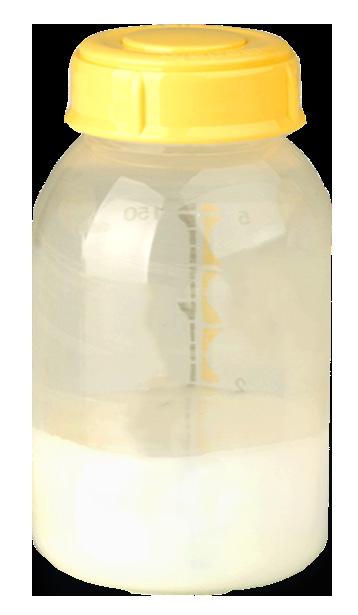
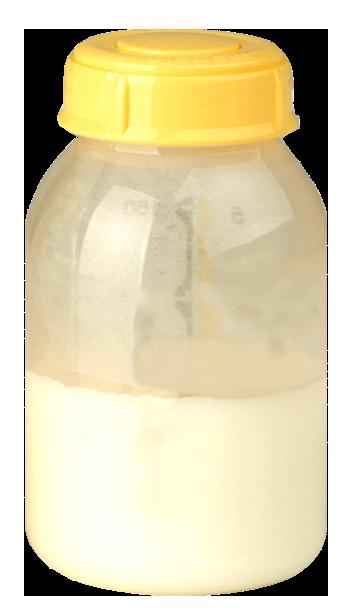
Colostrum Foremilk Hindmilk
Important for newborns.
Colostrum is produced in the first few days after birth.
Rich in water and nutrients to keep your baby healthy and hydrated.
HOSPITAL PENANGADVENTIST
Rich in fat and calories which your baby needs to grow strong and healthy.
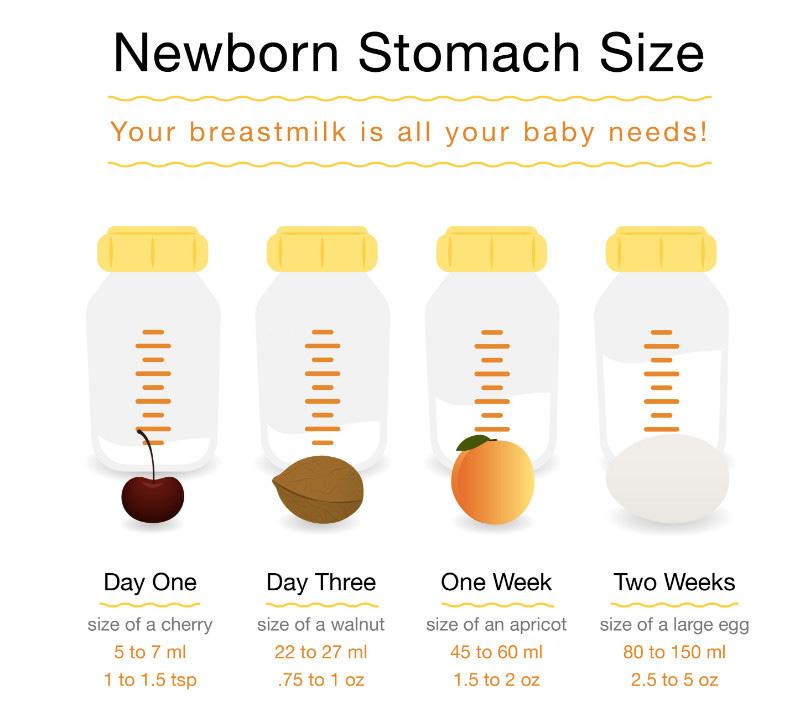
Mature milk (Foremilk & Hindmilk) usually produced 3-5 days after birth.
Day One Size
Day Three Size
One
ADVENTIST HOSPITAL PENANGADVENTIST
PENANGADVENTIST ADVENTIST
PENANGADVENTIST HOSPITAL PENANGADVENTIST
ADVENTIST HOSPITAL
ADVENTIST HOSPITAL
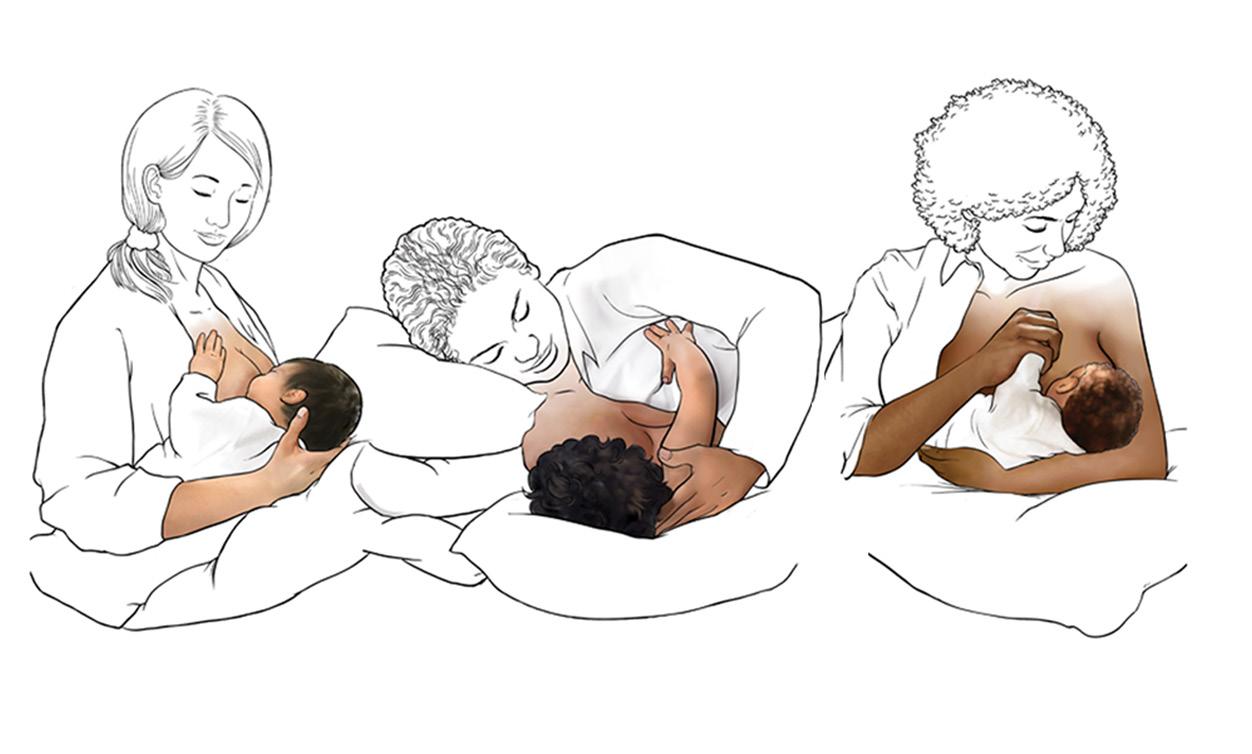
HOSPITAL
Football Hold
Good for Twins delivery or Caesarean birth.
Sitting
Mother’s Position
•
•
•
Side Lying
This allow mother to rest while breastfeeding. Good for Caesarean birth too.
Cradle Hold
Commonly used position that is comfortable for most mothers.
• Sit upright, and support yourself well with pillows. Do not hunch. Support. Hold your baby behind her back , shoulder and head, so her chest is touching your chest. Bring her nose in line with your nipple. Gently brush your nipple from your baby’s nose to his lips – this will encourage him to open his mouth wide.
When your baby’s mouth is wide open, quickly bring your baby to your breast, directing your nipple at the roof of her mouth. Her mouth will close over your breast and start suckling.
HOSPITAL
Baby’s Position
• In line - Baby’s head, neck and back should be aligned.
• Close: Baby is held close to the mother’s body.
• Facing: Baby should be facing the mother’s breast.
• Supported - Baby’s head, shoulder and buttock should be supported.
HOSPITAL PENANGADVENTIST
ADVENTIST HOSPITAL
• Enable baby to get enough milk effectively.
• Avoid breast engorgement and sore nipple.
• Enhance breast milk flow.
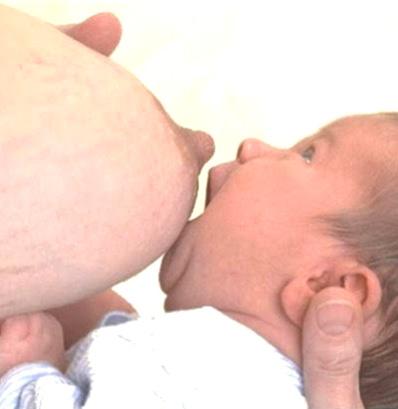
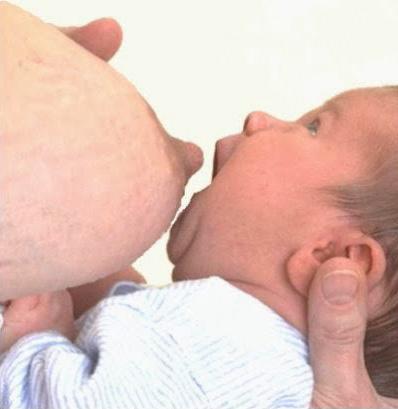
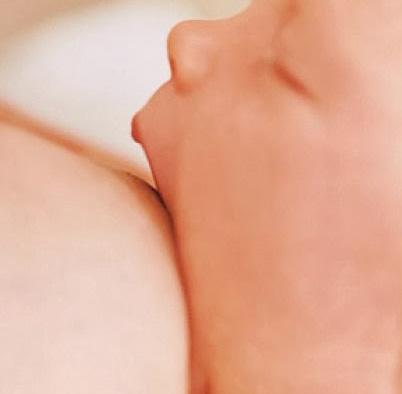
Good attachment
• Baby’s mouth wide open.
• More areola is visible above baby’s top lip than below the bottom lip.
• Chin touching the breast.
• Lips are curled out.
Poor attachment
• Chin far away from the breast.
• Not much of the areola in the baby’s mouth.
• Mother feels pain when baby suckles.
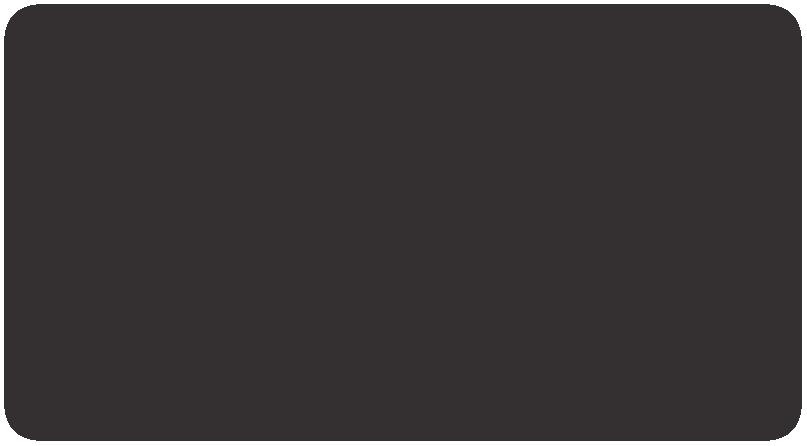
Notes: Signs of good suckling include baby’s cheeks are rounded and not drawn in during feeding, visible slow deep sucks, and gentle swallowing sounds like clicks or gulps.
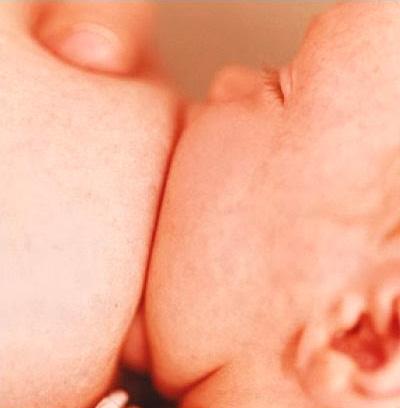
PENANGADVENTIST PENANGADVENTIST PENANGADVENTIST
HOSPITAL PENANGADVENTIST
ADVENTIST HOSPITAL PENANGADVENTIST
PENANGADVENTIST HOSPITAL PENANGADVENTIST
ADVENTIST HOSPITAL PENANGADVENTIST PENANGADVENTIST ADVENTIST HOSPITAL PENANGADVENTIST HOSPITAL PENANGADVENTIST ADVENTIST HOSPITAL PENANGADVENTIST HOSPITAL
PENANGADVENTIST PENANGADVENTIST PENANGADVENTIST PENANGADVENTIST PENANGADVENTIST PENANGADVENTIST PENANGADVENTIST
PENANGADVENTIST ADVENTIST
PENANGADVENTIST HOSPITAL PENANGADVENTIST
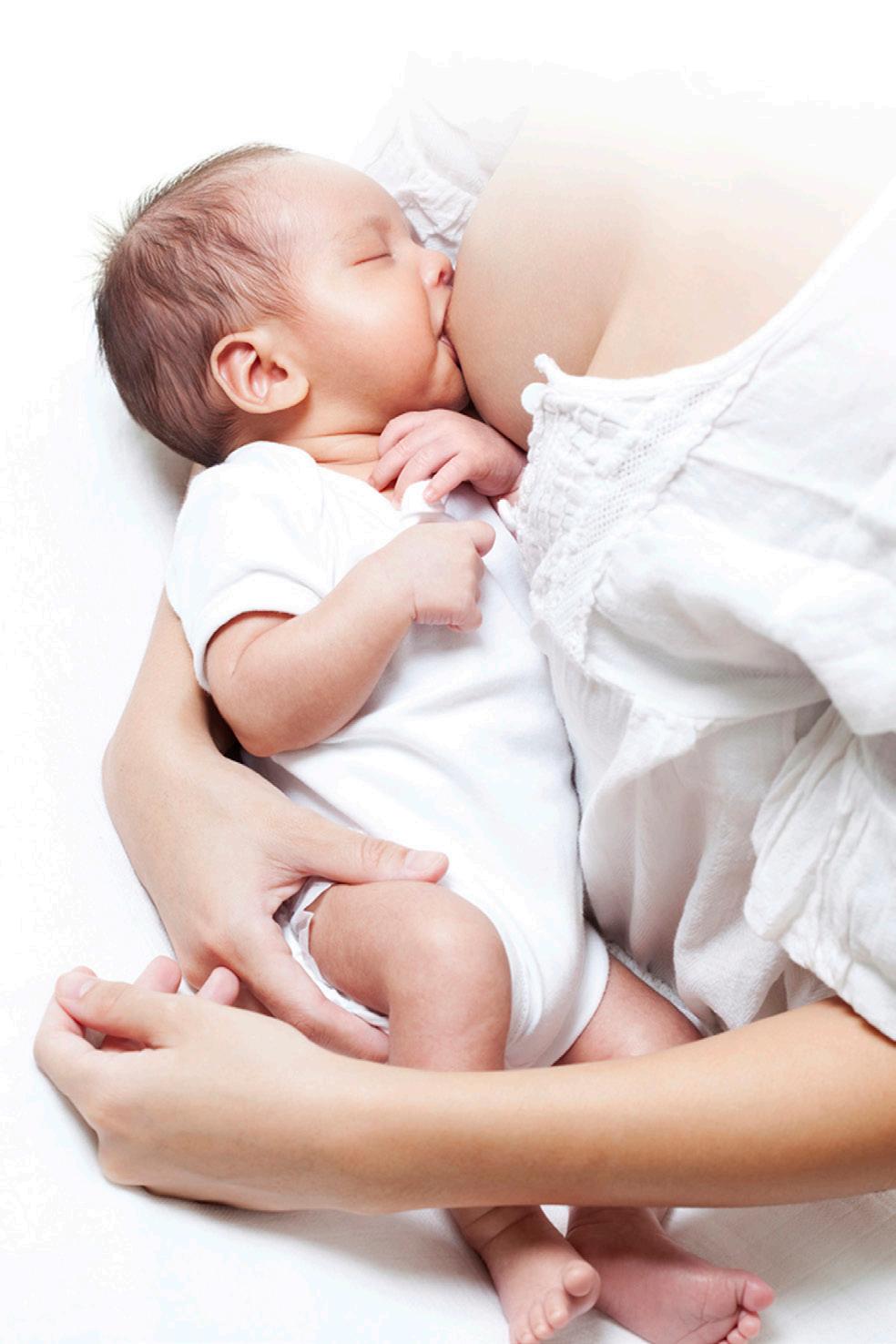
ADVENTIST HOSPITAL
ADVENTIST HOSPITAL



HOSPITAL
• In the beginning of breastfeeding, babies’ body straightens and slowly relaxes once proper latching is achieved.
• Most babies release mother’s breast voluntarily when full or falls asleep while suckling slowly on mother’s breast.
• Breastfeed one side of breast until finish before offering the other breast to ensure baby gets hind milk which is high in fat that helps in weight gain.
• To unlatch, insert little finger at the side of baby’s mouth with slight pressure to release the nipple.
HOSPITAL
How To Ensure Baby Is Getting Enough Milk
• Baby will be contented after a feed.
• Baby passes clear diluted urine 6-8 times a day.
• Baby passes bright yellow watery stool 3-8 times a day.
• Baby puts on at least 18-20 grammes per day.
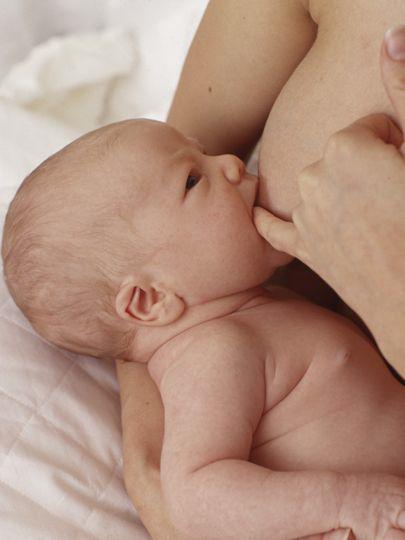
• Baby has good skin turgor and does not show any signs of dehydration.
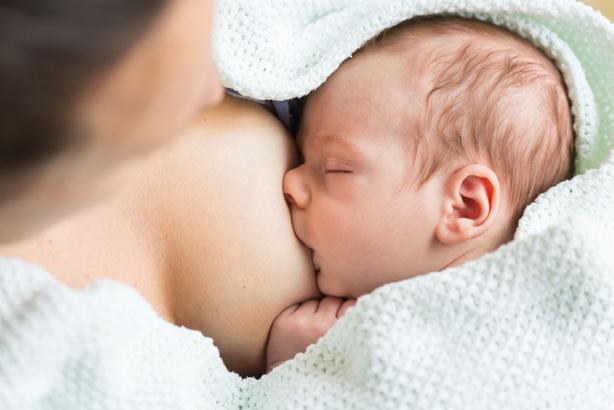
ADVENTIST HOSPITAL PENANG ADVENTIST HOSPITAL
ADVENTIST HOSPITAL PENANGADVENTIST HOSPITAL
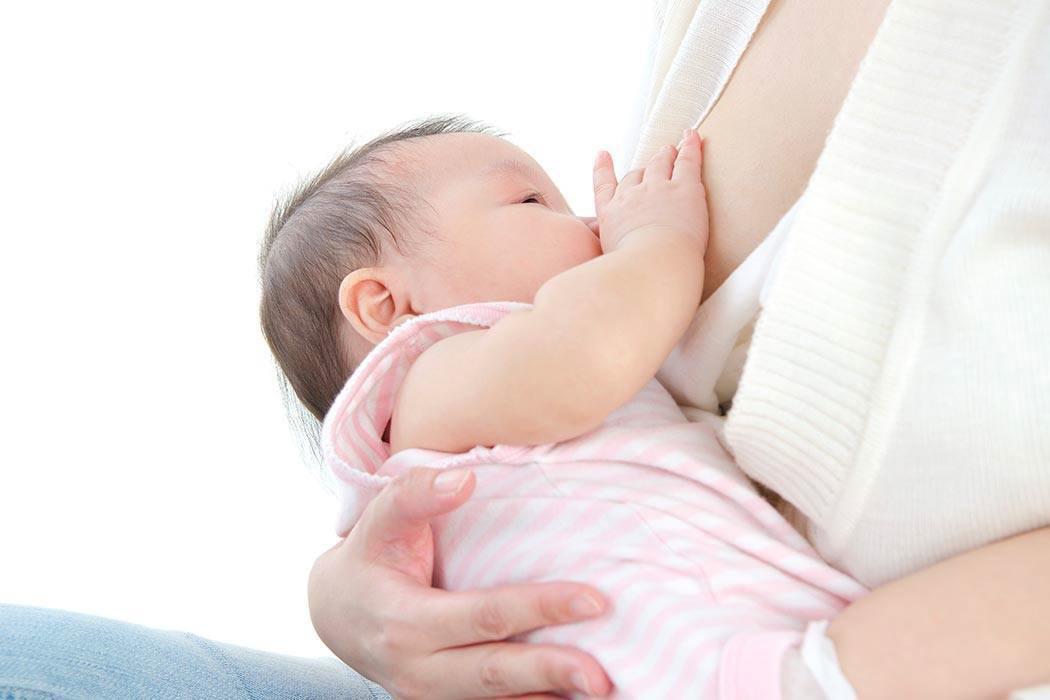
ADVENTIST HOSPITAL
•
PENANGADVENTIST HOSPITAL PENANG
PENANGADVENTIST
PENANGADVENTIST HOSPITAL
Exclusive breastfeeding from birth till the age of 6 months of life.
“Exclusive breastfeeding" is defined as giving only breast milk. No food or drink.
Vitamin and supplements can be given if medically indicated and as advised by paediatrician.
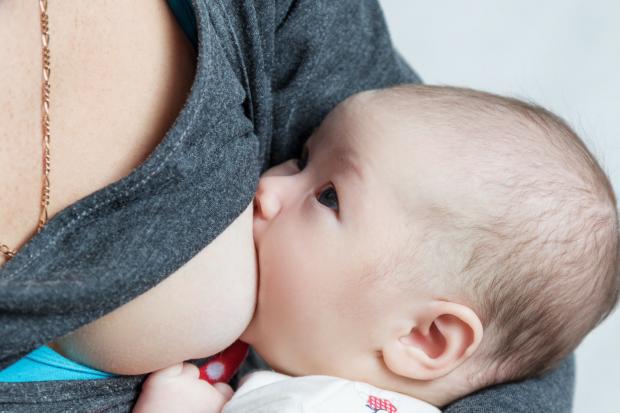
ADVENTIST HOSPITAL
Importance:-
Breast milk contains the ideal nutrition content and water needed to achieve optimal growth, development and health for the infants’ first 6 months of life.
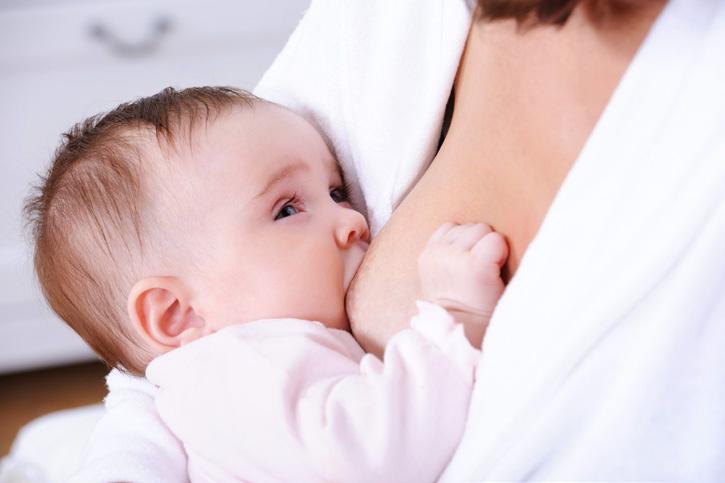
Reduces indigestion such as diarrhea or abdominal bloating.
Reduces risks of respiratory infection.
PENANGADVENTIST PENANGADVENTIST PENANGADVENTIST PENANGADVENTIST PENANGADVENTIST
Breast milk contains antibodies that help your baby fight against viruses and bacteria.

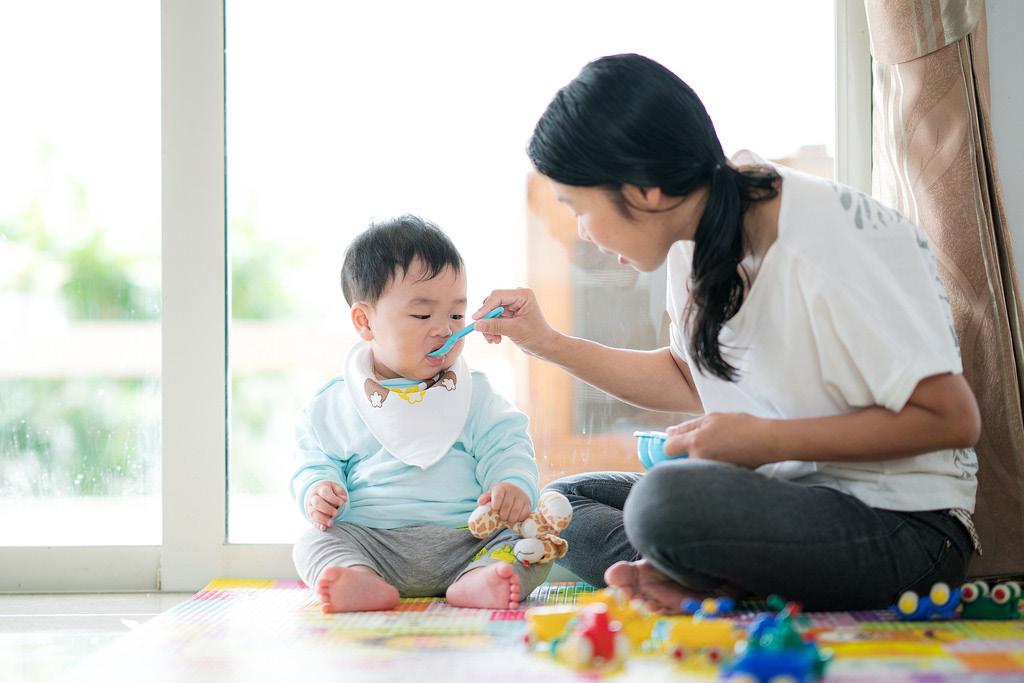
The importance of continuing breastfeeding after 6 months while giving complementary food:-
After 6 months of age, babies are given complementary feeding on top of breast milk.
It is important to continue breastfeeding as breast milk provides 1/3 to 1/2 of calories needed till the age of 12months.
PENANGADVENTIST PENANGADVENTIST PENANGADVENTIST
Breastfeeding should be continued till 2 years of age and above.
ADVENTIST
HOSPITAL
PENANGADVENTIST
PENANGADVENTIST
ADVENTIST
HOSPITAL PENANGADVENTIST
PENANGADVENTIST
PENANGADVENTIST
PENANGADVENTIST HOSPITAL PENANGADVENTIST
PENANGADVENTIST
PENANGADVENTIST HOSPITAL PENANGADVENTIST
• Not breastfeeding is associated with health risks for both mother and baby.
ADVENTIST HOSPITAL
Sleep apnoea
Asthma
Allergies
Obesity
Diabetes
Digestive problems
Respiratory infections
HOSPITAL
Childhood leukemia
High blood pressure & heart disease
Lower IQ & cognitive development
HOSPITAL
Diabetes (gestational & Type 2)
Overweight & obesity
Osteoporosis
Breast cancer, ovarian cancer
Hypertensive & cardiovascular diseases
Reduced child spacing
Exposure to environmental contaminants
Dental problems and malocclusions
SIDS (Sudden Infant Death Syndrome)
HOSPITAL
Iron-deficiency anaemia
Ear infections
Breast Massage
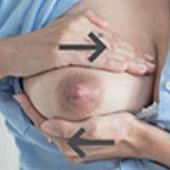

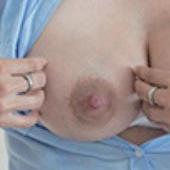
Back and forth motion horizontally, repeat vertically Massage in circular motions Stroke the area surrounding the nipple
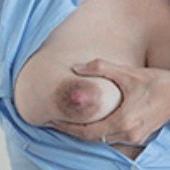
Reasons for expressing breast milk:-
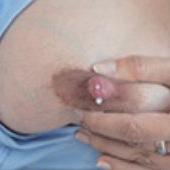
Babies who are separated from mother.
To increase milk production.
To avoid breast engorgement.
Hand expression
Wash hands. Prepare a clean container. Find a clean and comfortable place.
Stimulate a letdown reflex, e.g gently massage the breast, rub on the mother’s back.
Place the thumb on the areola above the nipple and place index finger on lower areola opposite the thumb. Support breast with the remaining fingers. Press the thumb and finger towards the chest wall.
Compress all around the areola to ensure that milk is expressed from all segment of the breast.
Compress the milk into a clean container.
Use your thumb and the rest of your fingers in the “C” shape, and then gently squeeze to produce.
• Cover your breast milk in a clean and sterile container.
• Label the date and time. Store milk in a small amount to minimize wastage about 2-4 oz per container.
• Leave some space at the top of the container for milk to expand as it freezes.
Method of storage Storage
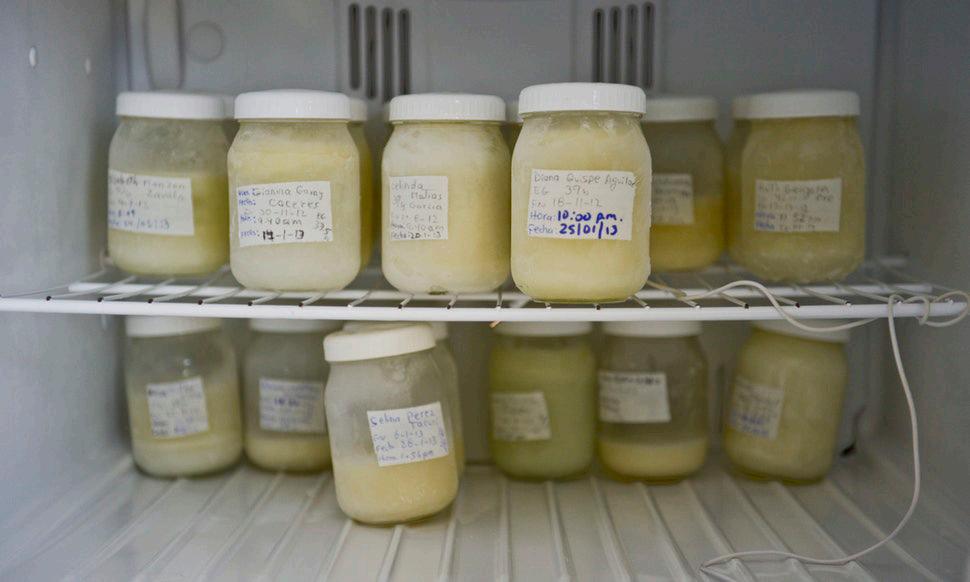
Room temperature (15°C to 37°C)
Refrigerator (2°C to 4°C)
Freezer
(1 door; -18°C to 0 °C)
Freezer
(2 doors; -18°C to 0 °C)
Deep Freezer (-20°C to -18°C)
Thawed in a refrigerator
Below 25°C: 4 to 8 hours
Above 25°C: 3 to 4 hours
• Use the oldest milk first.
• Defrost the frozen milk in the refrigerator the night before use or under warm running water.
• Do not defrost milk in microwave or boil it on the stove.
• Defrosted milk stored in the refrigerator must be used within 24 hours.
• Defrosted milk kept at room temperature should be used within 1 hour.
• Do not refreeze defrosted milk.
• Feed baby by using spoon or cup. Avoid using bottles.
Cup Feeding Techniques:-
a) Placed baby in sitting position on lap.
b) Place a small cup on baby’s lower lip and tilt the cup towards the baby’s lips.
c) DON’T POUR. Allow the baby to sip the milk.
d) The baby will stop drinking once full.

Breastfeed your baby exclusively for 6 months. Add solid food and to continue breastfeed up to 2 years and beyond. Most mothers may have to return to work before this. So how do you continue to breastfeed your baby?
ADVENTIST HOSPITAL
Guide for working mothers
• Train the mother or care giver to feed baby with expressed breast milk (EBM) 2 weeks before returning to work.
• After breastfeeding, any excess milk can be expressed and stored in a clean container. Write down the time and date and store in the freezer.
You can use your hand or electric pump to express your breast milk.
Baby’s feeding schedule before mother goes back to work Day Time Day 1 - 3 Day 4 - 6 Day 7 - 9 Day 11 - 14
7am - 9 am 9am - 11am
11am - 2pm 2pm - 5pm
You can express your breast milk while you are at your working place
• Bring along icebox container and few sterile containers to store EBM.
• Express your breast milk in work place and bring home to give your baby the next day.
• Looking at your baby’s photo while expressing also helps in breast milk flow.

• Mothers who receive support from their husband and family members are most likely to breastfeed successfully.
• Seek support from health care givers who are experienced in breastfeeding.
Join breastfeeding support group to gain confidence, motivation and knowledge e.g “Kangaroo Club” in Penang Adventist Hospital.
Some women breastfeed without problems, however there are many women who do encounter minor problems. This is especially so if it is their first time breastfeeding. The good news is that most problems can be solved with a little help and support. A small percentage may require the assistance of your health care provider. In order to prevent problems from arising, please remember the three most important things about breastfeeding.
Breastfeed early and frequently
1. Breast Engorgements
Symptoms
Breastfeed using the correct technique
Breastfeed on demand
• Breast(s) become bigger, swollen, hard and warm to touch.
• The skin overlying the breast is shiny looking.
• Nipple(s) appear flat.
• Painful breast with heavy feeling.
• Sometimes associated with low grade fever.
2. Blocked Milk Ducts
Symptoms
• Tender, painful and reddened lump (s) in the breast.
• Sometimes associated with low grade fever.
• Pain in the breast.
• Slow breast milk flow.
3. Mastitis
*Mastitis is an infection in the breast. Symptoms
• Painful and hard breast.
• Swollen breast, skin over the affected breast usually turns red.
• Lump(s) in the breast.
• Fever or flu-like symptoms.
• Breast warm to touch.
• Some may experience headache, nausea and vomiting.
PENANGADVENTIST PENANGADVENTIST PENANGADVENTIST PENANGADVENTIST PENANGADVENTIST PENANGADVENTIST PENANGADVENTIST
Management
Continue breastfeeding. Start with affected breast. Practice correct breastfeeding technique. Make sure your baby is attached correctly for effective sucking Breastfeed or express frequently. Apply hot compress to soften hard breast and to encourage the milk flow. DO breast massage. Apply a bit more pressure on the lumpy area and press toward the nipple.
Ensure adequate fluids intake and a good balanced diet.
To reduce pain, apply cold compress before and after feeding or expressing.
If condition does not improve within 24 hours, please contact your doctor or health provider.
4. Sore or Cracked nipple Symptoms
• Painful, injured or bleeding nipple(s).
• Nipple(s) look very pink and red, compressed or blanched after feeding. Management
• Use correct breastfeeding technique.
• Apply breast milk to nipple and areola before and after feeding.
• Begin breastfeeding on the least affected nipple .
• Do not delay breastfeeding. Try to relax so your let-down comes easily.
• Do not wear nipple shield because it will not relieve sore nipple. On the contrary it may cause prolong soreness.
• Avoid tight bras or clothes as it may press on your nipple.
• Avoid using soap or ointments that contain astringent.
• Keep nipples dry (air dry).
• Avoid breast engorgement.
• Get treatment for thrush infection.
• For pain relief, apply ice cubes on the affected nipple.
• Gently remove baby from your breast, if baby has fallen asleep and is not sucking actively.
If condition gets worse, consult a doctor, health care provider or counselor who is trained or experienced in breastfeeding.

HOSPITAL PENANGADVENTIST HOSPITAL PENANGADVENTIST
1
Encouraging mothers to have companion of their choice for support during labour and birth.
During labour, a companion can help to:
• Provide emotional support to mother
• Reduces labour pain.
• Assist mother in ambulation.
• Reduce emotional stress.
• Speeds up labour process.
• Increase mother’s confidence during labour.

Allow mothers to drink and eat light food during labour process (Low risk mothers).
Labour process requires energy. Research showed no evidence of benefit to restrict low risk mothers from drinking during labour. 2
HOSPITAL
HOSPITAL
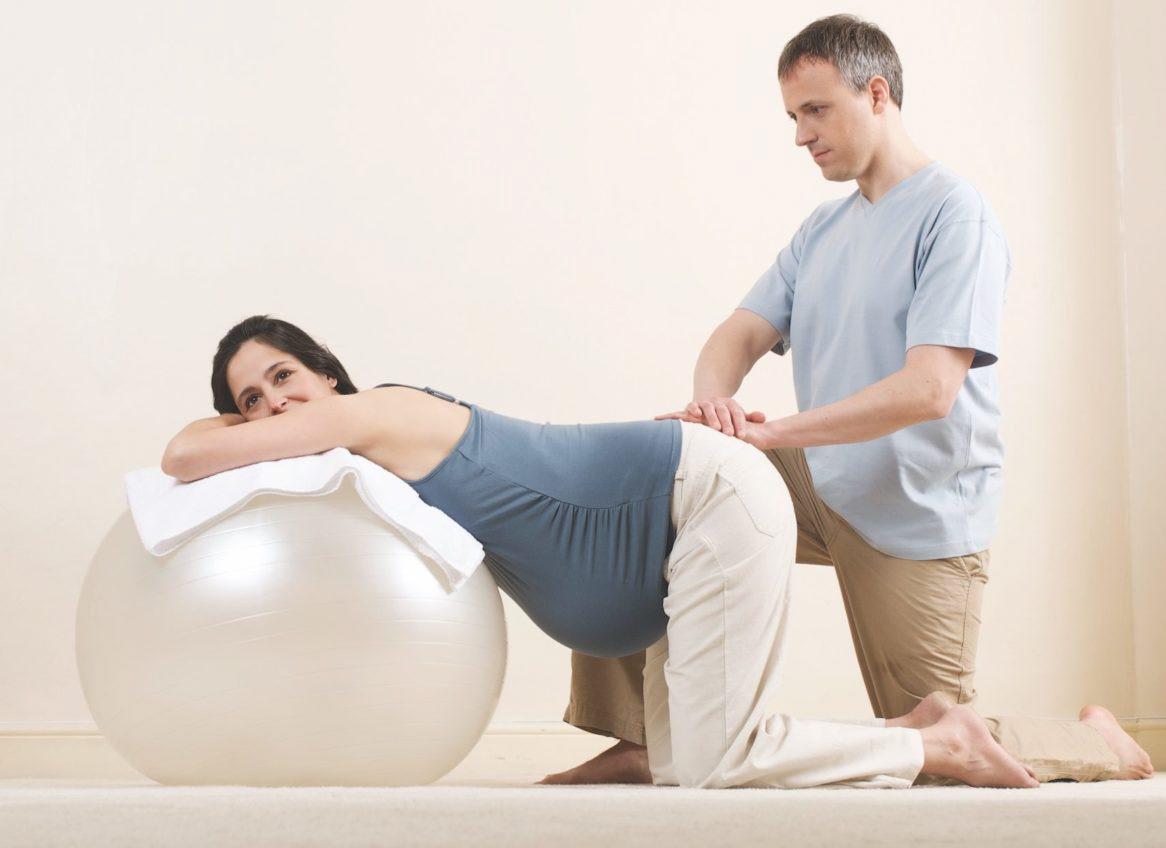
HOSPITAL PENANGADVENTIST
HOSPITAL
HOSPITAL
HOSPITAL
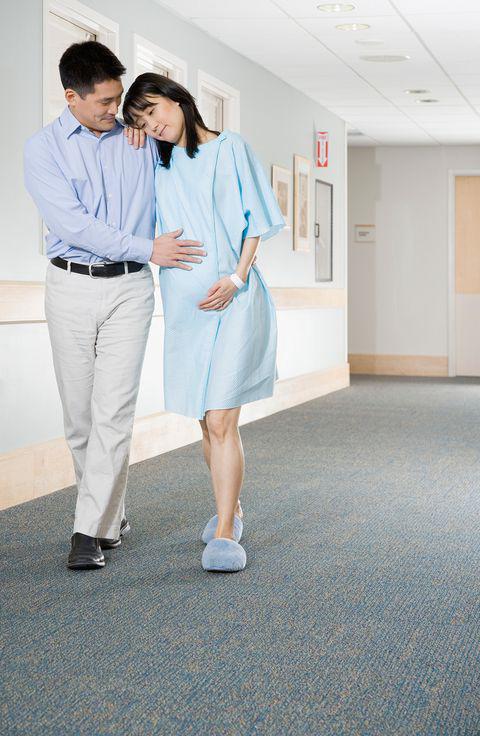
3
Labour mothers are encouraged to use non-drug method of pain relief.
Non-Drug Pain Management:
• Support from companion during labour.
• Ambulation during labour pain.
• Massage.
• Drink warm water.
• Practice traditional methods or religion belief.
HOSPITAL PENANGADVENTIST HOSPITAL PENANGADVENTIST
4
Mothers are encouraged to move and walk about before labour unless medically indicated.
HOSPITAL PENANGADVENTIST HOSPITAL PENANGADVENTIST

5
PENANGADVENTIST
Avoid invasive procedure and instrumental deliveries unless medically indicated. If it is needed, it should be explained to the mother.
HOSPITAL PENANGADVENTIST PENANGADVENTIST
PENANGADVENTIST PENANGADVENTIST
1
3
Wear a face mask all the time, especially when breastfeeding.
2
Practice hand hygiene before and after contact with the baby, including during breastfeeding and after coughing or sneezing. Practice respiratory hygiene if there are symptoms:
- Cover the nose and mouth with a tissue during coughing or sneezing.
- Dispose of tissue in a closed container
- Wash hands immediately afterwards.
5 Reduce physical contact with baby during rooming-in. Hold the baby for breastfeeding only.
7 Ensure good room ventilation.
4
6
Routine cleaning and disinfect surface touched by the symptomatic mother.
Physical distancing with infants while not breastfeeding.
8
Avoid air -conditioned rooms.
Useful internet sources on breastfeeding
If you encounter any breastfeeding problems while breastfeeding, please do not be shy to get help. If you want to breastfeed successfully please seek advice from the professional
Here are some contacts that you can reach:
Kangaroo Club Breastfeeding Support Group
(Breastfeeding Support Group of Penang Adventist Hospital)
Penang Adventist Hospital, 465 Burma Road 10350 Penang.
24 hours helpline (+604) 222 7328
Clinic Hours (+604) 222 7709
Clinic Hours Mon - Thurs 8am - 5pm Fri & Sun 8am - 1pm
Sat & selected public holidays: Closed
HOSPITAL
Email lactation@pah.com.my (Attn to: Lactation Nurse)
Website www.pah.com.my
Facebook Page & Kangaroo Club Breastfeeding Support Group
Messenger
World Alliance For Breastfeeding Action (WABA)
A Penang based global network of organization and individuals, which believe breastfeeding to be the right of all mothers and children.
HOSPITAL
Email waba@waba.org.my
Website www.waba.org.my
Facebook Page WABA
La Leche League International
Email info@llli.org
Website www.llli.org
HOSPITAL
Baby’s Name:
Date:
Calm
Sleeping
Crying
ADVENTIST HOSPITAL PENANGADVENTIST HOSPITAL
ADVENTIST HOSPITAL
PENANGADVENTIST HOSPITAL

Babies are often awake, alert, and looking for the breast. S: Soft P: Pain E: Engorged
The first hour is a magical time!
ADVENTIST HOSPITAL PENANGADVENTIST HOSPITAL PENANGADVENTIST
HOSPITAL
PENANGADVENTIST PENANGADVENTIST PENANGADVENTIST PENANGADVENTIST
PENANGADVENTIST HOSPITAL PENANGADVENTIST
/ P / E S / P / E S / P / E
S / P / E
S / P / E
S / P / E
S / P / E
S / P / E
S / P / E
S / P / E
HOSPITAL PENANGADVENTIST HOSPITAL PENANGADVENTIST
P / E
/ P / E
/ P / E
/ P / E
/ P / E
/ P / E
/ P / E
/ P / E
/ P / E
A Tiny Amount of Colostrum is powerful! Every little drop is important!
Tips for Successfully Breastfeeding:
1. Room in with your baby day and night to feed at the first signs of hunger and try not to wait until baby is crying.
2. Feed on demand by identifying baby’s early signs of hunger. Newborns need to breastfeed at least 8-12 (or more!) times every 24 hours.
3. Make sure your baby has a good latch. Breastfeeding shouldn’t be painful, poor latching = poor feeding.
Newborns usually become extremely sleepy and hard to rouse from about 2 to 24 hours after they’re born. You may need to wake baby up for breastfeeding to ensure they get at least 8-12 feeding every 24 hours!
HOSPITAL PENANGADVENTIST HOSPITAL PENANGADVENTIST ADVENTIST HOSPITAL PENANGADVENTIST HOSPITAL PENANGADVENTIST
PENANGADVENTIST PENANGADVENTIST PENANGADVENTIST
ADVENTIST HOSPITAL PENANGADVENTIST PENANGADVENTIST
HOSPITAL PENANGADVENTIST HOSPITAL PENANGADVENTIST PENANGADVENTIST HOSPITAL PENANGADVENTIST
PENANGADVENTIST PENANGADVENTIST PENANGADVENTIST
/ P / E
/ P / E
/ P / E
/ P / E
/ P / E
/ P / E
/ P / E
/ P / E
/ P / E
/ P / E
/ P / E
/ P / E
/ P / E
/ P / E
/ P / E
/ P / E
/ P / E
/ P / E
ADVENTIST HOSPITAL PENANGADVENTIST HOSPITAL ADVENTIST HOSPITAL
/ P / E
/ P / E
HOSPITAL PENANGADVENTIST HOSPITAL
/ P / E
/ P / E
/ P / E
/ P / E
/ P / E
/ P / E
If baby is really sleepy, wake baby to breastfeed, 2 hourly during the day and 3-4 hourly at night.
Crying
/ E
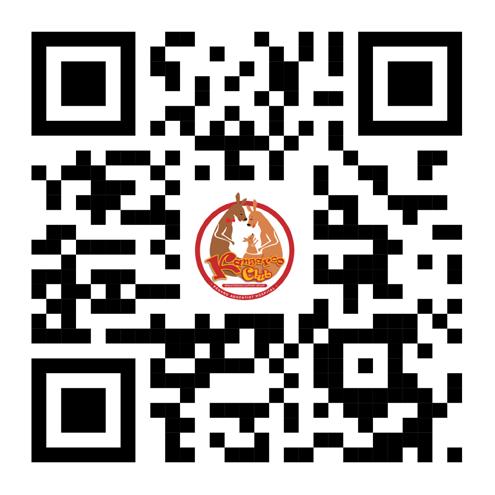

Operated by Adventist Hospital & Clinic Services (M) (Reg. No. 199301000960) 465, Jalan Burma, 10350 Penang, Malaysia Tel: (+604) 222 7200 LoCall: 1-300-88-4325 Fax: (+604) 228 0443 E-mail: enquiry@pah.com.my Website: www.pah.com.my Facebook: fb.com/pahpg